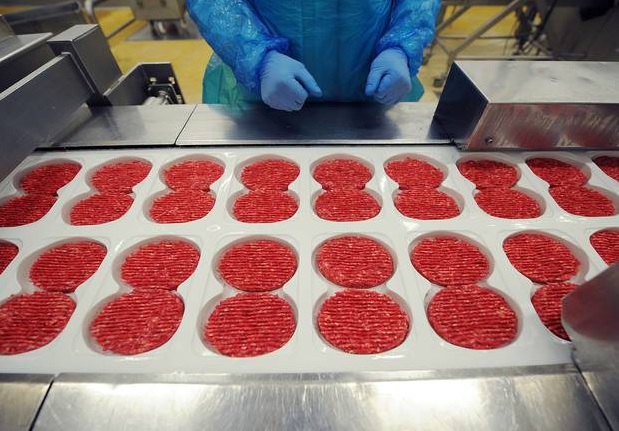
MEPs are today (15 March) voting on new rules to tighten up official inspections throughout the food chain, to strengthen the safety of food and ward off fraud cases.
Consumers are entitled to know that the food they buy and eat is safe, however food fraud cases such as the 2013 horsemeat scandal show that is not always the case.
Food fraud has been a problem for many years: it could involve anything from selling battery-caged eggs as organic to farmed fish being touted freshly caught.
One notorious example is the horsemeat scandal that hit the the UK, and Europe, in 2013 when food advertised as containing beef was found to contain horsemeat.
The scandal was a matter of food fraud rather than food safety, but it did raise questions about the effectiveness of controls along the food supply chain.
Karin Kadenbach, the MEP responsible for steering the new rules through the European Parliament, said: “Of course this law aims to prevent such scandals, but it goes even further: Europeans have a right to the best possible health, so do animals and vegetation. And that’s why we need strict, good controls all over Europe.”
How new rules could make a difference
The new legislation aims to improve food traceability, combat food fraud and restore consumer trust in the integrity of the food chain.
This includes setting up a comprehensive and more effective control system along the whole food chain, including controls on food, feed, plant health, pesticides, animal welfare, organic production, protected geographical indications and regular unannounced, risk-based controls in all sectors.
The new rules would also allow authorities to react faster in crisis situations. There would be the same and stricter penalities for fraudsters across the EU. The new rules also aim to improve the health and welfare of animals.
In the UK, the horsemeat scandal led to the creation of the Food Crime Unit, which wants the industry to share information, some of which is sensitive, in order to tackle the ongoing problem of food fraud.
The NFCU works with partners to protect consumers from serious criminal activity that impacts on the safety or authenticity of the food and drink they consume.
MEPs vote on the new rules on Wednesday 15 March. If approved, the new legislation will apply from the end of 2019.
